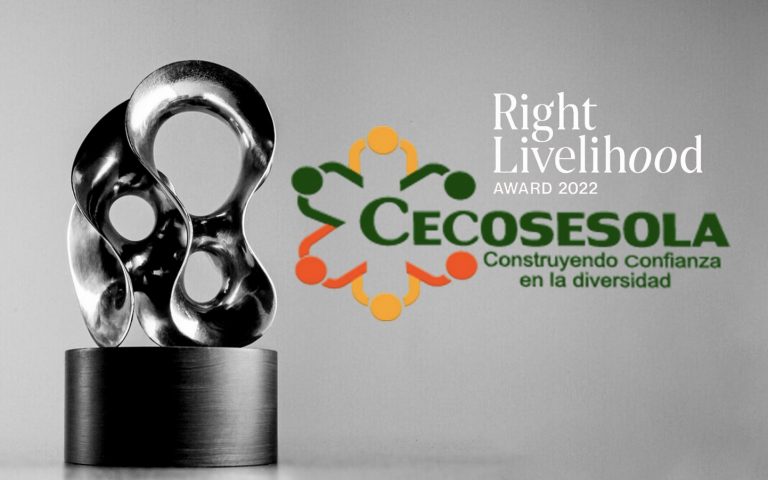Cecosesola And The Art Of Commoning Within Capitalist Markets
One of the most singular and accomplished commons I’ve ever encountered is Cecosesola, a federation of Venezuelan cooperatives. The remarkable federation artfully manages multiple ventures as commons while deeply immersed within a system of capitalist markets.
Founded in 1967 in the state of Lara in Venezuela, Cecosesola got its start when working-class people in poorest barrios of the region organized to set aside money every month to build their own cooperatives.
G
Nearly sixty years later, Cecosesola now coordinates a wide variety of enterprises. It works with farmers to supply 800 tons of vegetables to large urban produce markets serving 100,000 people a week.






